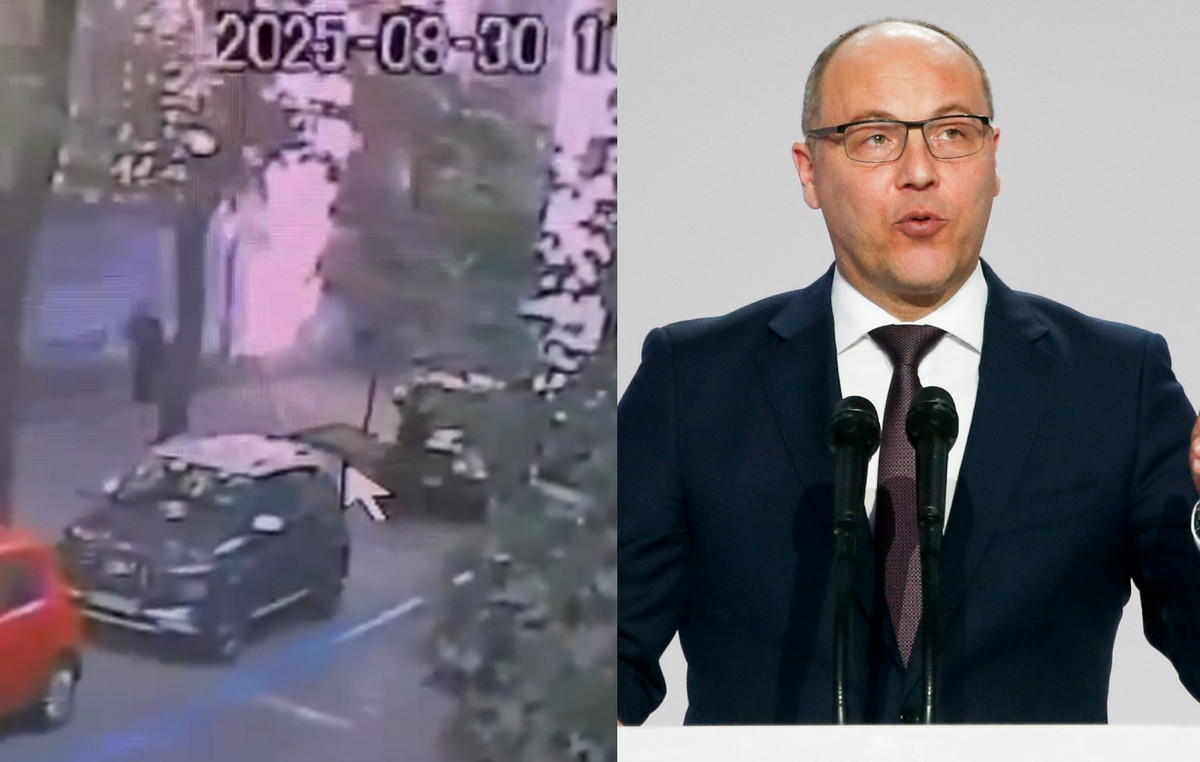Her Eleftherias Kourtali
The Russia-Ukraine conflict dominates investor risk assessment, leading to a sharp drop in European growth expectations, with a third of the 341 investors in the Bank of America monthly survey seeing further negative effects on EU equities. , with almost half worried that they do not have adequate compensation. At the same time, they are cutting their positions in European banks, while maintaining cash is now the top and safest strategy.
More specifically, according to the results of BofA’s research on the environment of European funds, 44% of respondents cite the conflict in Ukraine as the biggest risk to the markets, followed by a global recession, which 21% consider as the main concern, from 8% last month. 18% of respondents see inflation as the main risk, with 44% now expecting European inflation to rise over the next 12 months, up from 38% last month. Concerns about central banks’ aggressive stance have plummeted, with 9% of respondents pointing to it as the biggest risk to markets, up from 41% in February.
At the same time, European investors have lowered their assessments of Europe’s growth prospects in response to the Russia / Ukraine conflict. 69% of respondents expect the European economy to weaken next year, the highest rate since 2011. Last month, 12% still expected better growth in Europe, with this sharp and deep drop in expectations signaling the biggest monthly drop in history, and since 1994 when BofA has been collecting data. 64% of investors believe that global growth is going to weaken, the largest percentage since 2008, with 44% expecting the growing supply chain downturn to be a brake on the global cycle (up from 3% last month).
Investors abruptly cut the bullish stance on equities, sending cash positions to record lows, according to a BofA survey. The upward trend of the shares decreased sharply as the cash levels rise to a record.
After falling more than 10% of European stocks since January, 50% of funds expect European stocks to recover by at least 5% (up from 57% last month), while a third of investors see room for further market decline (from 18% in February). 61% of respondents believe that the market has peaked for this cycle (from 22% before), while a growing number of investors (48%) believe that they do not have adequate hedging in their portfolios, from 30% in February. Cash levels among European investors jumped from 4.5% last month to 5.6%, the highest level in 20 years.
Finally, according to a BofA survey, 53% of investors see further negative effects on European equities against defenders (up from 18% last month), following a 10% + yield from January. Only 15% see room for new performance, up from 62% last month. In addition, the percentage that expects European “value” stocks to exceed “growth” stocks fell from 72% in February to 22%.
Investors also fled European banking stocks, now holding an underweight stance from record highs in the industry in February. Overweight in insurance, another favorite for investors in February, has also almost been eliminated, while the position in utilities has changed from underweight to overweight. Raw materials, energy and healthcare are now the biggest overweights, while cars, chemicals and travel and leisure are the big underweights.
Source: Capital
I am Sophia william, author of World Stock Market. I have a degree in journalism from the University of Missouri and I have worked as a reporter for several news websites. I have a passion for writing and informing people about the latest news and events happening in the world. I strive to be accurate and unbiased in my reporting, and I hope to provide readers with valuable information that they can use to make informed decisions.






